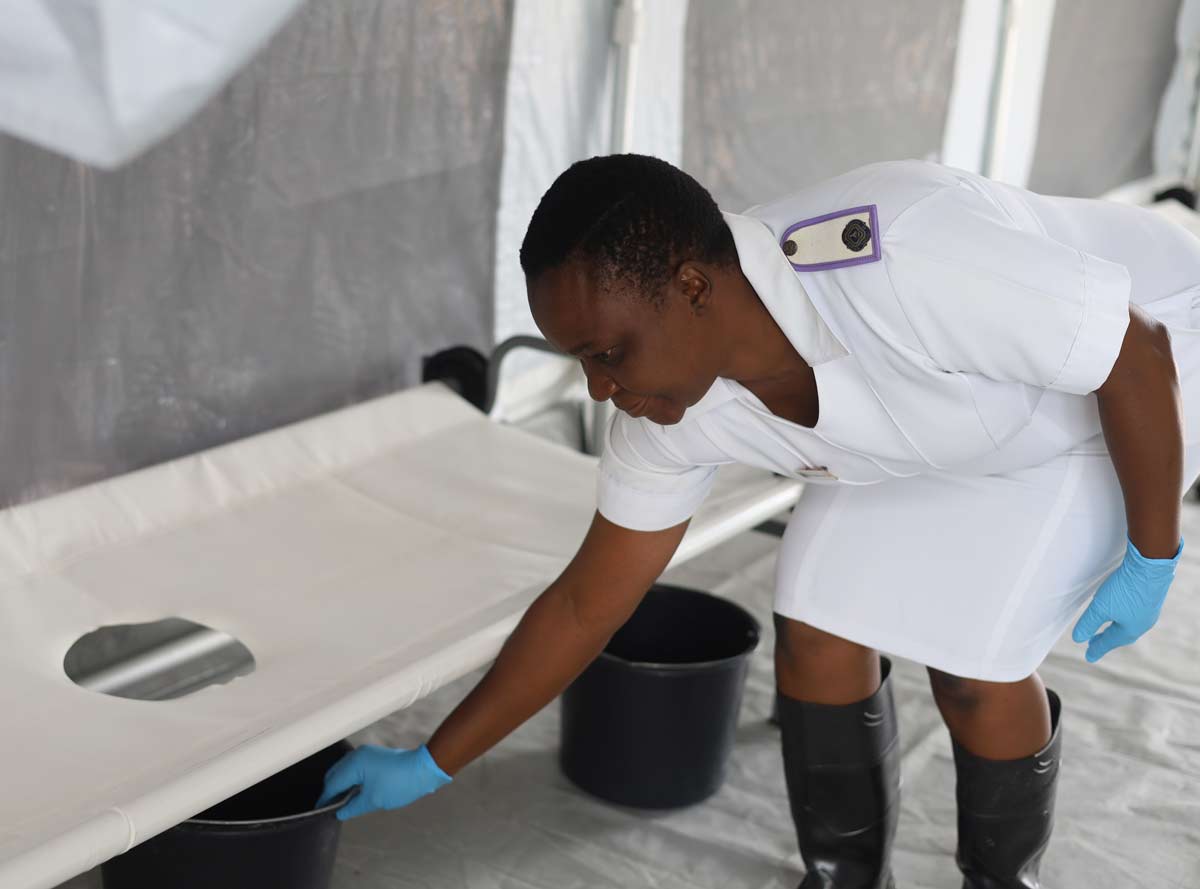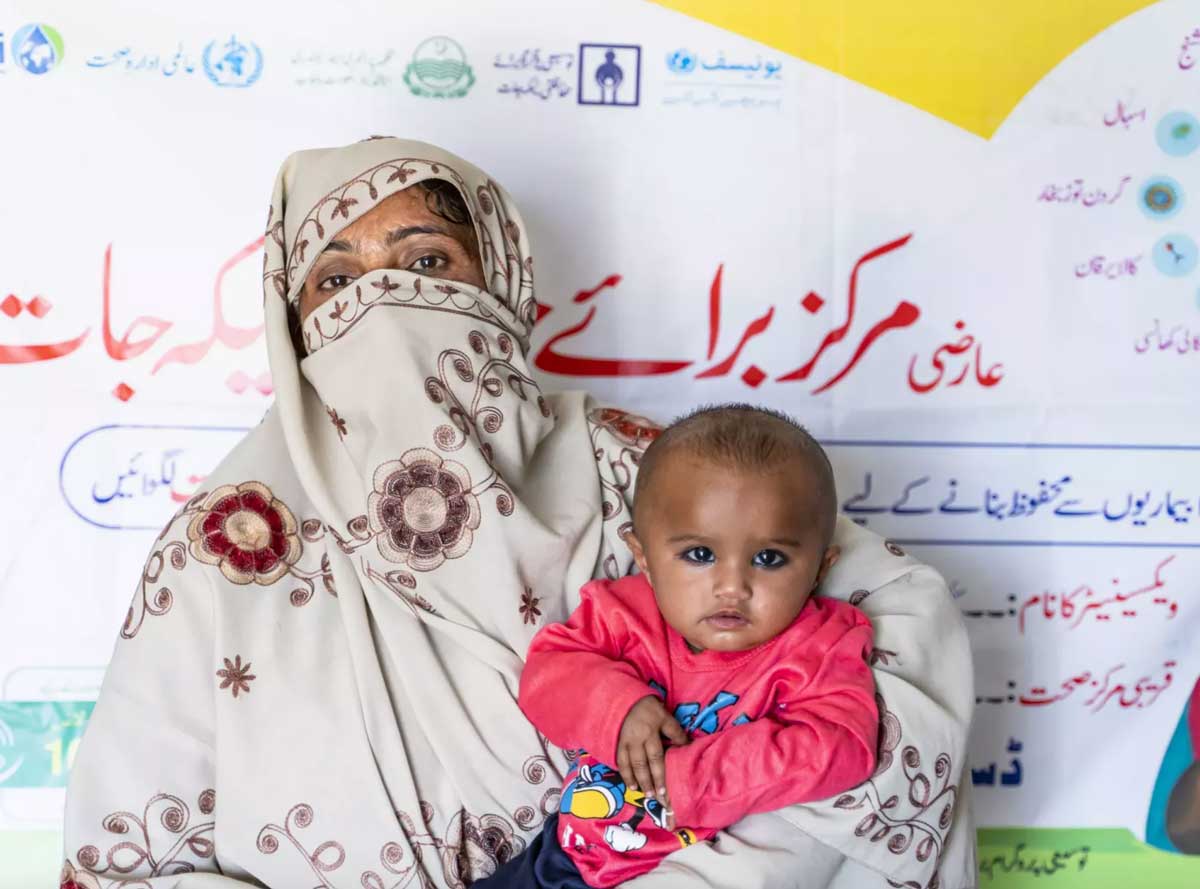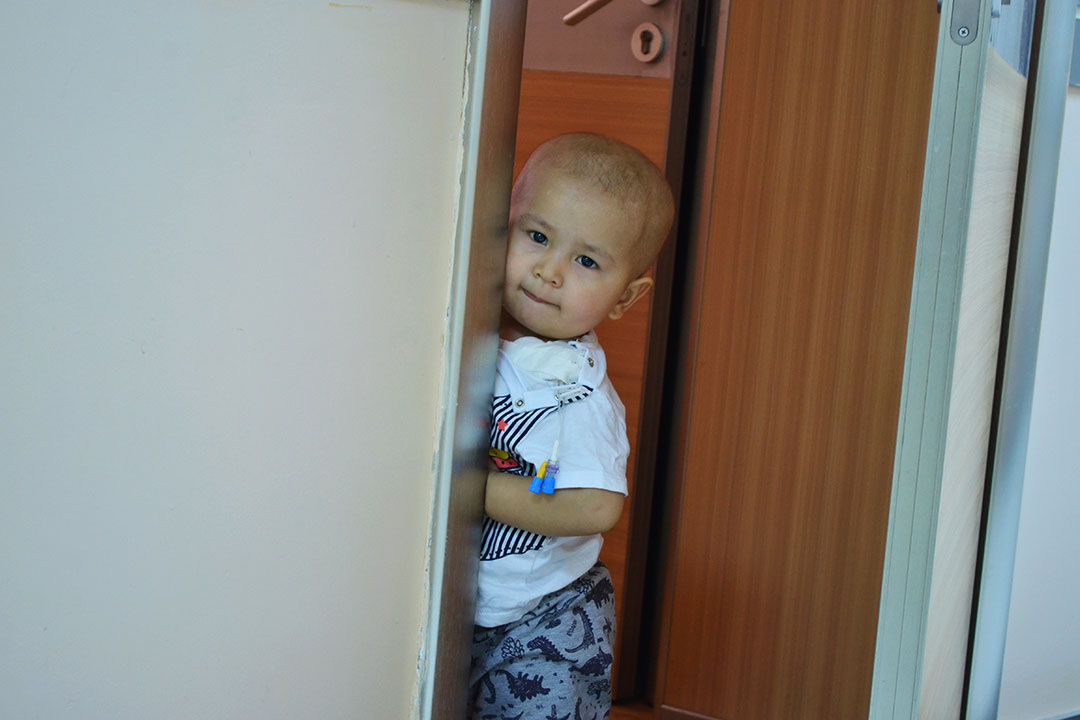Uzbekistan makes meningitis vaccination mandatory for hajj pilgrims amid rising health concerns
Uzbekistan reinforces preventive measures for pilgrims as meningitis cases surge, emphasising the critical importance of safeguarding public health during religious journeys.
- 13 March 2025
- 5 min read
- by Umida Maniyazova

Saudi Arabia has mandated that all pilgrims arriving in the country for Umrah and Hajj must present a certificate confirming vaccination against meningitis beginning in February 2025.
This directive, issued by the Saudi Arabian Ministry of Health, aims to ensure public health safety during large religious gatherings and applies to all travellers aged two and over, regardless of visa category.
Travellers must provide a valid vaccination certificate, with the validity period depending on the vaccine type. The certificate is valid for up to three years for the polysaccharide vaccine and up to five years for the conjugate vaccine.
In response, Uzbekistan's Committee for Religious Affairs has recommended that pilgrims take precautions such as wearing protective masks in crowded places, maintaining personal hygiene, and adhering to preventive measures, advising that Uzbek citizens planning to perform Umrah – the Muslim pilgrimage to Mecca – can access meningitis vaccinations at central clinics or immunisation centres across the country.
Spiking meningitis
According to the Sanitary and Epidemiological Committee of Uzbekistan, the epidemic situation concerning meningococcal infections has worsened in several regions of the country, with some deaths reported.
Epidemiological investigations have revealed that in most cases, the illness occurred after contact with individuals returning from abroad, particularly following pilgrimages for Umrah. In 2024, the incidence of meningococcal infections in the Republic of Uzbekistan was over ten times larger than in 2023.
Have you read?
The committee pointed out that vaccination against meningitis for Umrah and Hajj pilgrims was systematically conducted until 2019, but was overlooked for a period during the transition to an electronic visa application system. This has led to an increased risk of infection among unvaccinated pilgrims returning from Saudi Arabia.
Meningitis is an infection of the thin lining that surrounds the brain and spinal cord that can be caused by a number of different pathogens. Bacterial meningitis is common and especially deadly, and even those who recover from the infection may face severe complications, such as paralysis or mental health disorders. Vaccines exist against some meningitis-causing bacteria, and have driven transformative change in some of the most afflicted parts of the world. But there is no universal vaccine.
In Tashkent, several vaccination centres offer a range of vaccines to protect against meningitis. These include the meningococcal conjugate vaccine, which provides immunity against serogroups A, C, W and Y, as well as the meningococcal B vaccine.

Additionally, some centres administer the Haemophilus influenzae type b (Hib) vaccine and pneumococcal vaccines, both of which contribute to the prevention of certain forms of meningitis caused by specific bacteria.
A specialist at the vaccination centre in Tashkent highlights that meningococcal infection poses a significant threat, particularly to children and individuals travelling to regions within the so-called ‘meningitis belt’, which encompasses parts of North Africa and the Middle East.
At their vaccination centre in Tashkent, they administer the ‘Menveo ACWY’ vaccine, a polysaccharide vaccine designed to prevent meningitis caused by meningococcal bacteria of serogroups A, C, W135 and Y. All meningitis vaccines offered at the centre are administered as a single dose.
Debunking rumours
Recently, social media platforms and some Uzbek media have been circulating claims that the requirement for meningitis vaccination for pilgrims travelling to Saudi Arabia for Umrah and Hajj had been lifted, allowing travel without the vaccine.
However, this information has been officially denied. The Sanitary and Epidemiological Committee clarified that Saudi Arabia has not revoked the mandate for a meningitis vaccination certificate for pilgrims. This measure remains in place to prevent the spread of infectious diseases and to maintain epidemiological stability. Pilgrims are strongly advised to receive the meningitis vaccine prior to their journey, ensuring compliance with health regulations and safeguarding public health.
A representative of the Embassy of Saudi Arabia in Tashkent stated that a vaccination certificate is mandatory for pilgrims travelling to perform Umrah and Hajj. “However, vaccination is not required for entry into the Kingdom for other purposes, such as on tourist visas,” the embassy representative clarified.
“I was worried about them”
While the policy aims to protect pilgrims, its implementation has presented some challenges. We spoke with several Uzbek pilgrims who completed their Umrah journey in early February to gather their experiences with the new requirements.
Amina, a pilgrim from Tashkent, shared, “The vaccination process itself was smooth. I got vaccinated at my local clinic, and the staff were well-informed about the new requirements. However, getting an appointment was difficult due to the sudden surge in demand.”
Another pilgrim, Hasan, noted a different challenge: “I wasn't aware of the new rule until a few days before my flight. It was stressful trying to find a clinic with available vaccine doses at such short notice.”
Forty-six-year-old Aziza from Fergana city shared her experience of travelling to Umrah with a group of pilgrims on 2 February2. She mentioned that she, her mother, and a relative received the meningitis vaccine at a local private clinic, paying 600,000 Uzbekistani sums (approximately US$ 46) per dose.
Accompanying them in the group was a family of five. According to the family members’ accounts, they paid a different private clinic for vaccination certificates, but came to an illegal arrangement with a staff member not to administer the actual vaccine. For each vaccine they avoided, they paid 800,000 sums (approximately US$ 64).
Aziza expressed her concern for this family, particularly for the 75-year-old elderly woman among them. “I was worried about them,” she said, explaining how she had informed them about the dangers of meningococcal infection. She added that the family later regretted their decision not to get vaccinated.
In response to the concerns highlighted by Aziza, the Sanitary and Epidemiological Committee of Uzbekistan acknowledges that such cases, regrettably, do occur. These instances underscore the critical importance of raising public awareness about the necessity of vaccination as a key measure in preventing the spread of infectious diseases.
More from Umida Maniyazova
Recommended for you








